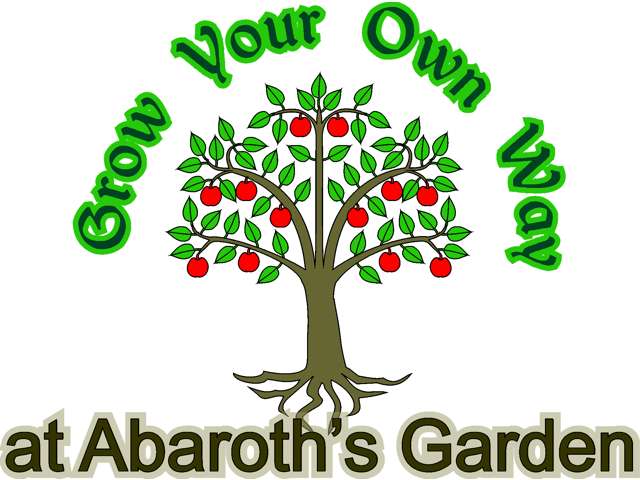|
© Abaroth 2019. Permission is given to reproduce for non-profit
purposes only.
Home
Historic Sites
Models
Heraldry
Puzzles
Garden
Links
How to Make Nettle Tea Liquid
Plant Feed
Stinging nettles can cause severe skin irritation,
so always wear gardening gloves when handling the plants,
and I would advise wearing rubber gloves when dealing with the finished
liquid fertiliser.
Click thumbnails for larger images
|
Step 1
Collect enough stinging nettles
to fill a container - I'm using a plastic tub that contained fat
balls, but whatever you use needs a sealable lid.
|
 |
Step 2
Place the nettles in a large tub
and chop them up using shears. You'll need a larger tub for
this, or you can chop them in smaller batches in the same
container.
|
 |
Step 3
Transfer the chopped nettles to
your sealable tub, and place a brick or stone on top to weigh
them down. |
 |
|
Step 4
Fill the container till the
nettles are all covered - the stone prevents them floating away.
Place the lid on loosely to keep the rain out, but do not seal
it. |
 |
Step 5
After 2 to 3 weeks, the liquid
should have gone a murky green colour and the nettle tea is
ready for use.
|
 |
Step 6
Strain the liquid into a bucket -
I used an old mushroom crate as a coarse sieve.
|
 |
|
Step 7
Rinse out the sealable container
to get rid of any residual plant matter. |
 |
Step 8
Strain the liquid into the final
sealable container, this
time using a fine sieve. This will remove all but the finest
particles, and prevent it clogging the rose on your watering
can.
|
 |
Step 9
Seal the lid on the container. |
 |
Notes:
|
- This stuff STINKS, so I
would not recommend using it on houseplants.
- Nettle tea is a
concentrated fertiliser and should be diluted 10:1, which
means adding about 900ml to a 10 litre watering can. Use as
a general purpose fertiliser about once every 4-6 weeks.
- Stinging nettles contain
large amounts of vitamins A, C, D, E, F, K, P, and vitamin B-complexes,
as well as lots of minerals including calcium, selenium,
zinc, iron and magnesium. These boost general plant health,
stimulate growth and bolster the plants' immune system,
making them less susceptible to disease and pest damage.
|
Home
Historic Sites
Models
Heraldry
Puzzles
Garden
Links
Contact me with suggestions, comments or questions.
 |
